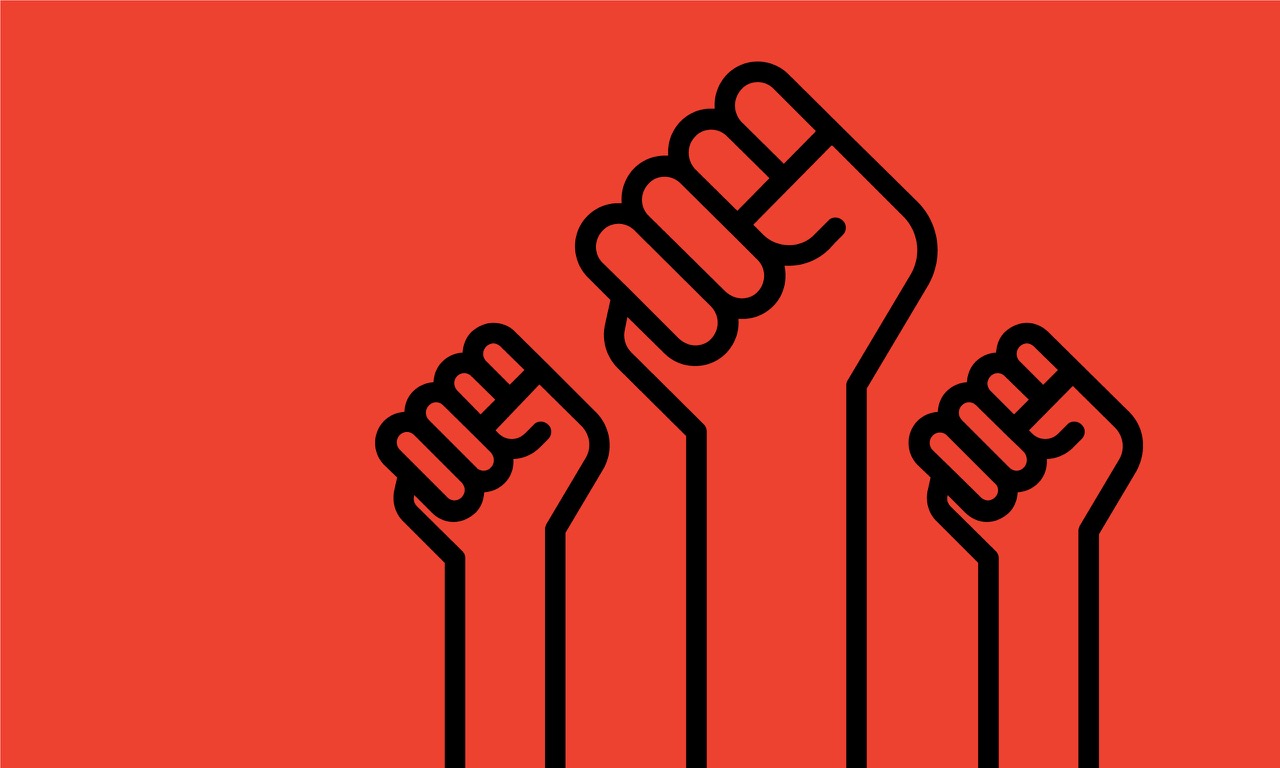Happy birthday legal aid! For 70 years, the people of England and Wales have enjoyed the right to be provided legal assistance at public expense if they cannot afford a lawyer. Join the Justice Alliance outside the Ministry of Justice tonight (here).
Despite the importance of legal aid as a means to achieve social justice, the scheme is now a shadow of what it was once intended to be. Degraded by successive governments, legal aid is increasingly criticised for funding the defence of those seen as not “deserving” it. It is often framed negatively in the press, with outrage that “taxpayers’ money” is supposedly being “given” to convicted criminals instead of victims and their families – a false dichotomy that seeks to diminish the rights of many of those who qualify for legal aid.
The very principle of legal aid is to ensure that everyone has equal access to advice and representation in order to uphold their rights. But antagonistic attitudes have fuelled negative public perception of the scheme, allowing large cuts to take place. This has been heightened under austerity, allowing protections for society’s most vulnerable to be savaged in the name of claimed economic necessity.
The legal aid system now is under-resourced, with great pressure on those who provide advice and representation, and too often lets down those people most in need.
Justice politicised
Legal aid was introduced “for those of slender means and resources, so that no one would be financially unable to prosecute a just and reasonable claim or defend a legal right”. Sitting alongside the welfare state, the idea was that people needed recourse to a properly funded system of legal advice to enforce their welfare rights through the courts if necessary. In the decades after its launch, the reach of legal aid was expanded to include other areas of civil law, before criminal cases were included from the 1960s.
The cost of legal aid became highly politicised after the increasing budget – which quadrupled between 1985 and 1995 to £1.4 billion – became a bone of contention for governments keen on reducing expenditure. The Conservatives decreased eligibility for civil legal aid from 1987 onwards, making it available to only those on the lowest incomes (to less than half of the UK’s population, when it was once available to more than three quarters of people. At the same time, new rules meant almost 10% of those who used legal aid had to pay towards it.
When Tony Blair became prime minister in 1997 under a Labour government, he maintained the focus on curbing legal aid, as war was raged against demonised “fat cat” legal aid lawyers. The budget continued to rise, however, reaching over £2 billion during Blair’s time in office. This was in large part due to massive amounts of new legislation and criminal offences. Crown Prosecution Service costs went up massively too, as Blair sought to tackle persistent offending and antisocial behaviour – without acknowledging how that added to the legal aid bill.
From 2012, the coalition government dramatically cut £751m from the £2.2 billion legal aid fund through the Legal Aid Sentencing and Punishment of Offenders Act (LAPSO). This was primarily achieved through reducing lawyers fees, and removing large parts of public funding for social welfare law – despite this area being one which people on low incomes, who are typically disadvantaged, are prone to experience difficulties with.
In the year before the reforms, 91,000 people received legal advice for welfare benefits cases. After LASPO, legal advice fell by 99% to just 478 people. And this at a time when problems with new benefits such as Universal Credit and the “cruel and humiliating” fit-to-work tests meant people were likely to need advice more than ever.
Justice constrained
Austerity doubly hits the poorest communities. It restricts access to services and benefits, while making it harder to challenge the decisions of the state. As legal aid has been diminshed, access to justice has become more difficult in other ways too. Courts have been closed and frontline staff replaced with online services. Yet, following a recent review of LASPO, the government promised just £8m – mostly to promote IT – to fix the failings of the justice system. But vulnerable people need face-to-face advice, they need to be able to develop trusting relationships with the lawyers they go to for help, and feel they are being understood.
Seventy years since it was first established, urgent action is now needed to get legal aid back to the original principles of equity and equality. These ideals must be enshrined in policy and practice, not only for the benefit of this generation but for all of the future generations to come.
Eligibility criteria should be liberalised to avoid the current situation where families living below the poverty line might not qualify for legal assistance for issues such as fighting eviction. Legal aid fee rates should be increased to address the crisis of recruitment and retention that is facing this part of the legal profession too. While the scope of civil legal aid must cover more areas, reversing damaging cuts to areas such as family and immigration law. Legal help should be available earlier too, to stop problems escalating. In housing law, for example, legal aid is not available for disrepair issues until an issue has become serious enough to impact the health of the resident.
The Fabian Society has recommended a new right to receive reasonable legal assistance without burdensome costs to tackle some of these problems. This would be accompanied by a set of guiding principles that would include promoting public legal education and ensuring that citizens can enforce the right. We also believe that the Legal Aid Agency – which manages the scheme as an executive agency of the Ministry of Justice – should be replaced by an independent body at arm’s length from government. Greater autonomy would mean it would be better placed to resist political pressures.
Legal aid is a public good and essential for a properly functioning democratic society. This anniversary should be an opportunity to not only celebrate a principle that has the potential to ensure equality before the law, but also cause us to take stock and get angry at how these rights have continued to be stripped away.![]()
This article is republished from The Conversation under a Creative Commons license. Read the original article.






